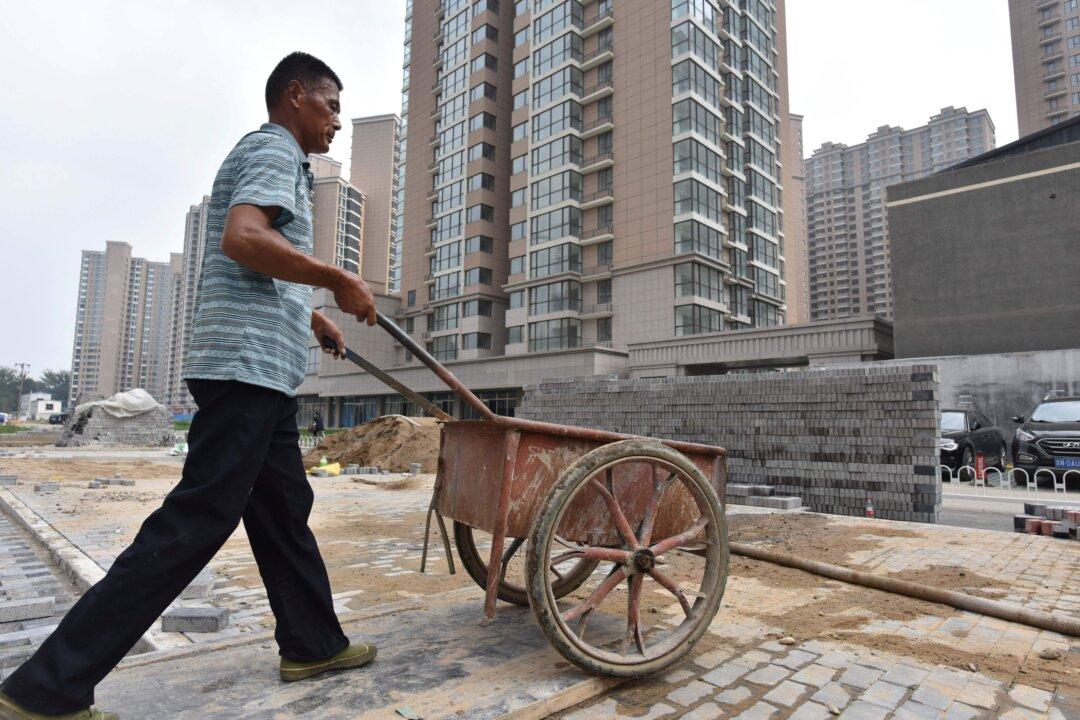Commentary
In late 1979, then-Federal Reserve Chairman Paul Volcker announced a bold plan to get rid of the high inflation that had plagued the U.S. economy for much of the 1970s—raising interest rates to 20 percent.

In late 1979, then-Federal Reserve Chairman Paul Volcker announced a bold plan to get rid of the high inflation that had plagued the U.S. economy for much of the 1970s—raising interest rates to 20 percent.